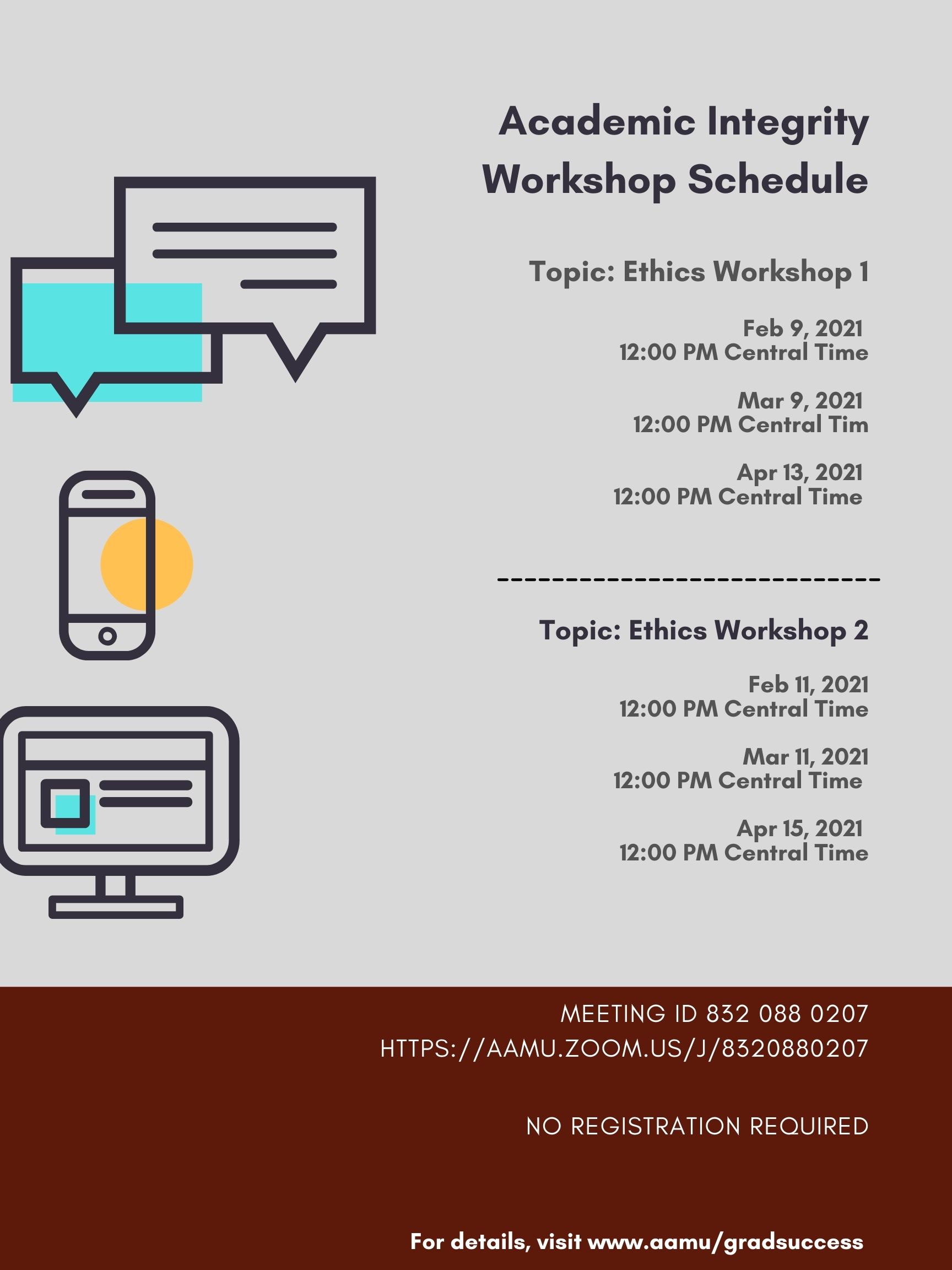

Example: making up data for an experiment, fudging data, citing nonexistent articles, contriving sources, etc.


Fabrication: submitting contrived or altered information in any academic exercise.Example: copying another person’s paper, article, or computer work and submitting it for an assignment, cloning someone else’s ideas without attribution, failing to use quotation marks where appropriate, etc. Plagiarism: using the ideas, data, or language of another without specific or proper acknowledgment.Example: using a cheat sheet in a quiz or exam, altering a graded exam and resubmitting it for a better grade, etc. Cheating: using or attempting to use unauthorized assistance, material, or study aids in examinations or other academic work or preventing, or attempting to prevent, another from using authorized assistance, material, or study aids.Examples of such activities include but are not limited to the following definitions: Academic Dishonesty DefinitionsĪctivities that have the effect or intention of interfering with education, pursuit of knowledge, or fair evaluation of a student’s performance are prohibited.
#Academic integrity code
Students, as members of the community, are also responsible for adhering to the principles and spirit of the following Code of Academic Integrity. Every member of the University community is responsible for upholding the highest standards of honesty at all times. Essential to the success of this educational mission is a commitment to the principles of academic integrity. Since the University is an academic community, its fundamental purpose is the pursuit of knowledge.


 0 kommentar(er)
0 kommentar(er)
